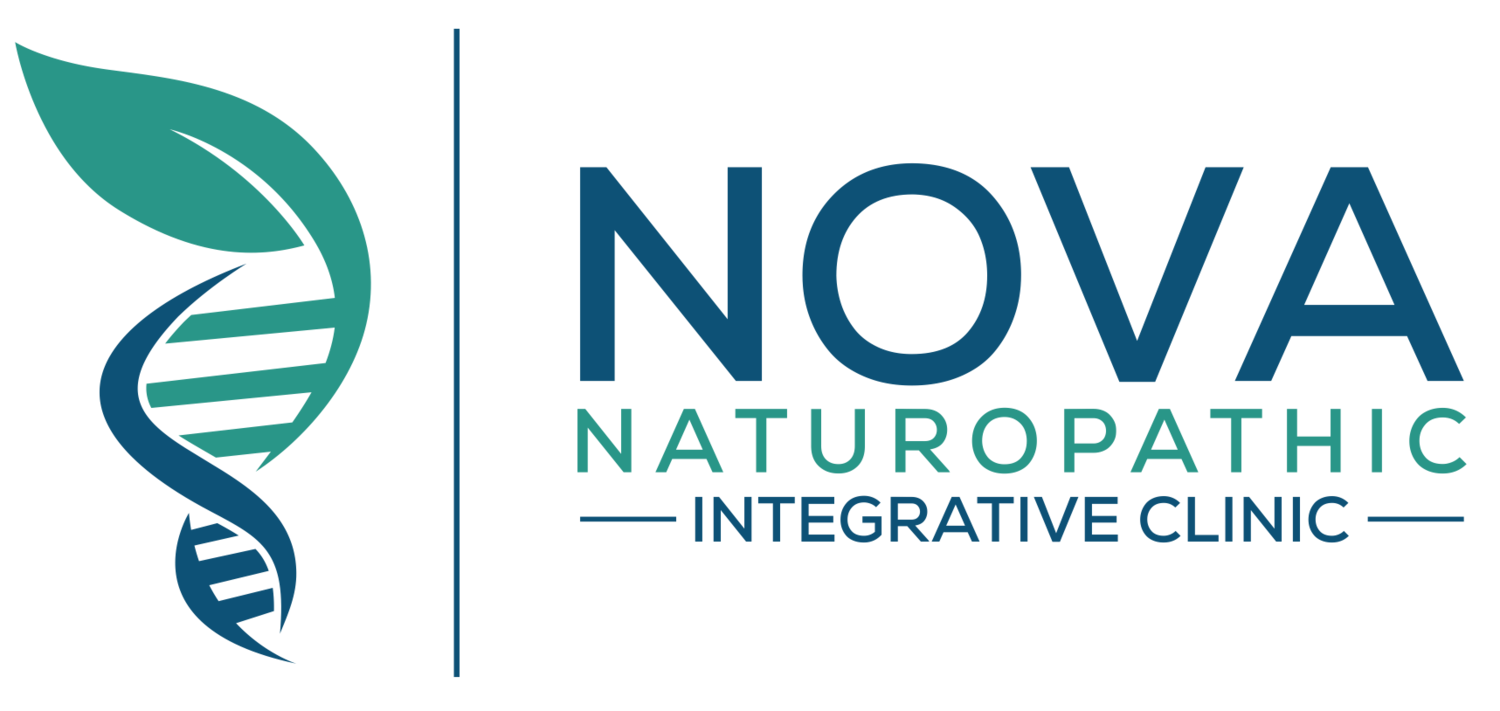MICRONUTRIENT TESTING (MNT)
In the world of nutrition, we often hear about macronutrients like carbohydrates, proteins, and fats. These are the major players that provide our bodies with energy and help us grow, repair, and function properly. However, there's another group of essential nutrients that often goes unnoticed but plays a critical role in our health – micronutrients.
Vitamins: These organic compounds are vital for various bodily functions, such as cell growth, immune system support, and energy production. Some well-known vitamins include Vitamin C, Vitamin D, and the B-vitamins.
Minerals: Minerals are inorganic nutrients that contribute to bone health, fluid balance, and nerve function. Examples include calcium, magnesium, and zinc.
Our bodies require these micronutrients in tiny quantities, but they have a big impact on our overall health. A deficiency or excess of even one micronutrient can lead to various health problems. To ensure that we are getting an adequate supply of these vital nutrients, we can now turn to a functional test that gives us an accurate measure of about 33 micronutrients required for good health.
THE IMPORTANCE OF MICRONUTRIENTS
Micronutrients play several essential roles in our bodies:
Supporting Growth and Development: Micronutrients are crucial during periods of growth, such as childhood, adolescence, and pregnancy. They are essential for proper development and maintaining healthy tissues.
Energy Production: Many vitamins and minerals are involved in energy metabolism. They help convert food into energy that our bodies can use for daily activities.
Immune System Function: Micronutrients like Vitamin C and zinc bolster our immune system, helping us ward off illnesses and infections.
Bone Health: Minerals like calcium and Vitamin D are essential for maintaining strong bones and preventing conditions like osteoporosis.
Nerve Function: Several minerals, including magnesium and potassium, are necessary for nerve transmission and muscle function.
Given the critical roles these micronutrients play, it's crucial to ensure we have an appropriate balance of them in our bodies. This is where Micronutrient Testing (MNT) comes into play
Serum Vs Intracellular Micronutrient Levels
Micronutrient Testing, often abbreviated as MNT, is a cutting-edge diagnostic tool that measures and provides an in-depth analysis of 33 various vitamins and minerals in your body. This test provides detailed information about your nutritional status, helping you understand whether you have deficiencies or excesses of specific micronutrients. Although numerous tests can measure serum or blood levels of micronutrients, there are certain limitations that are important to consider:
Firstly, these tests provide only a snapshot of nutrient levels in the bloodstream, without considering historical data
Secondly, recent dietary changes often distort results, as dietary intake influences serum nutrient levels
Thirdly, serum levels might not reflect intracellular nutrient status, as individuals vary in their ability to transport nutrients into cells
To address these limitations, Dr. Shive developed a novel test aimed at assessing the functionality of specific accumulated nutrients within human cells. This comprehensive assay considers various factors impacting nutritional status, including age, genetics, individual biochemistry, environmental and physical stressors, and the cumulative effects of diet over an extended period. This innovative approach offers a more comprehensive and accurate assessment of a person's nutritional status compared to traditional serum tests.
HOW IS THE TEST PERFORMED
Consultation and preparation
To get started, make an appointment with your naturopathic doctor. You'll discuss your symptoms and medical history, which will help determine if a the MNT is necessary.
Inform Your Doctor: Make sure to let the healthcare professional know about any supplements or medications you are currently taking, as these can impact the test results.
Maintain Your Usual Diet: In the days leading up to the test, try to eat your regular diet. Avoid making drastic dietary changes, as this could affect your micronutrient levels.
Fasting: Depending on the specific test, you may need to fast for a certain period before the blood sample is collected. Follow any fasting instructions provided by your healthcare provider.
Sample Collection + Laboratory Analysis
In the lab, advanced techniques are used to measure the concentrations of different vitamins, minerals, and sometimes amino acids in your sample.
Results and Diagnosis
Once the analysis is complete, you receive a personalized report detailing your micronutrient levels. This report typically compares your results to established reference ranges, allowing you to see where you stand in terms of nutritional health.
Why Micronutrient Testing Matters
Now that we understand what MNT is, let's explore why it's crucial for your health and well-being:
Precision Nutrition: Unlike generic dietary recommendations, MNT provides personalized insights into your unique nutritional needs. This precision allows you to make targeted dietary and supplement choices. Doctors can use this test to come up with personalized intravenous nutrient treatments and a personalized plan for patients.
Detecting Deficiencies: MNT can identify specific deficiencies or imbalances that might be contributing to various health issues. For example, a deficiency in Vitamin D could explain your persistent fatigue or bone pain.
Preventive Health: MNT is not only for addressing existing health problems but also for preventing future issues. Knowing your micronutrient status early can help you take proactive steps to maintain optimal health.
Improved Energy and Well-being: Correcting micronutrient deficiencies can lead to increased energy levels, improved mood, and overall well-being. You might find that your chronic fatigue or mood swings were related to specific nutrient deficiencies.
Better Immune Function: A well-balanced micronutrient profile supports a robust immune system, helping you fend off illnesses more effectively.
Enhanced Sports Performance: Athletes can benefit significantly from MNT, as it can identify nutrient deficiencies that may be affecting their training, recovery, and performance.
To book this test, and to see if this test is right for you, please first book a naturopathic consult with the naturopathic doctor
Common Micronutrient Deficiencies
MNT can uncover a wide range of micronutrient deficiencies, some of which are more common than others. Here are a few examples of prevalent deficiencies and their potential consequences:
Who Should Consider Micronutrient Testing?
MNT can be beneficial for a wide range of individuals, including:
Individuals with Unexplained Symptoms: If you're experiencing chronic fatigue, digestive issues, hair loss, or other persistent symptoms with no clear cause, MNT can help uncover underlying nutrient imbalances.
People with Dietary Restrictions: Individuals following restrictive diets, such as vegans, vegetarians, or those with food allergies, may be at higher risk for certain nutrient deficiencies.
Athletes and Fitness Enthusiasts: Optimal nutrition is critical for athletic performance and recovery. MNT can identify areas where athletes may need additional support.
Pregnant and Nursing Women: Ensuring adequate nutrient intake is essential during pregnancy and lactation to support both the mother's and baby's health.
Individuals with Chronic Health Conditions: MNT can be a valuable tool for managing chronic conditions such as diabetes, autoimmune diseases, and gastrointestinal disorders.
Those Seeking Optimal Health: Even if you feel generally healthy, MNT can help you fine-tune your diet and supplementation for optimal well-being.
Vitamin D Deficiency: This deficiency can lead to weakened bones, muscle pain, and a compromised immune system.
Iron Deficiency: Iron deficiency can cause fatigue, weakness, and anemia.
Vitamin B12 Deficiency: Symptoms may include fatigue, tingling in extremities, and cognitive problems.
Magnesium Deficiency: This deficiency can result in muscle cramps, sleep disturbances, and anxiety.
Vitamin C Deficiency: Symptoms can lead to immune deficiency, fatigue, swollen gums, and easy bruising.
Zinc Deficiency: Symptoms can include rough skin, poor appetite, mental lethargy, delayed wound healing, taste abnormalities
Conclusion
Micronutrient Testing (MNT) is a powerful tool that provides personalized insights into your nutritional status. By identifying micronutrient deficiencies or imbalances, MNT allows you to take proactive steps toward better health, improved energy levels, and enhanced well-being. Whether you're experiencing unexplained symptoms, following a specific diet, or simply aiming for optimal health, MNT can guide you on your journey to a nutritionally balanced life. Remember that the road to better health often begins with understanding your body's unique needs, and MNT is a valuable step in that direction



















